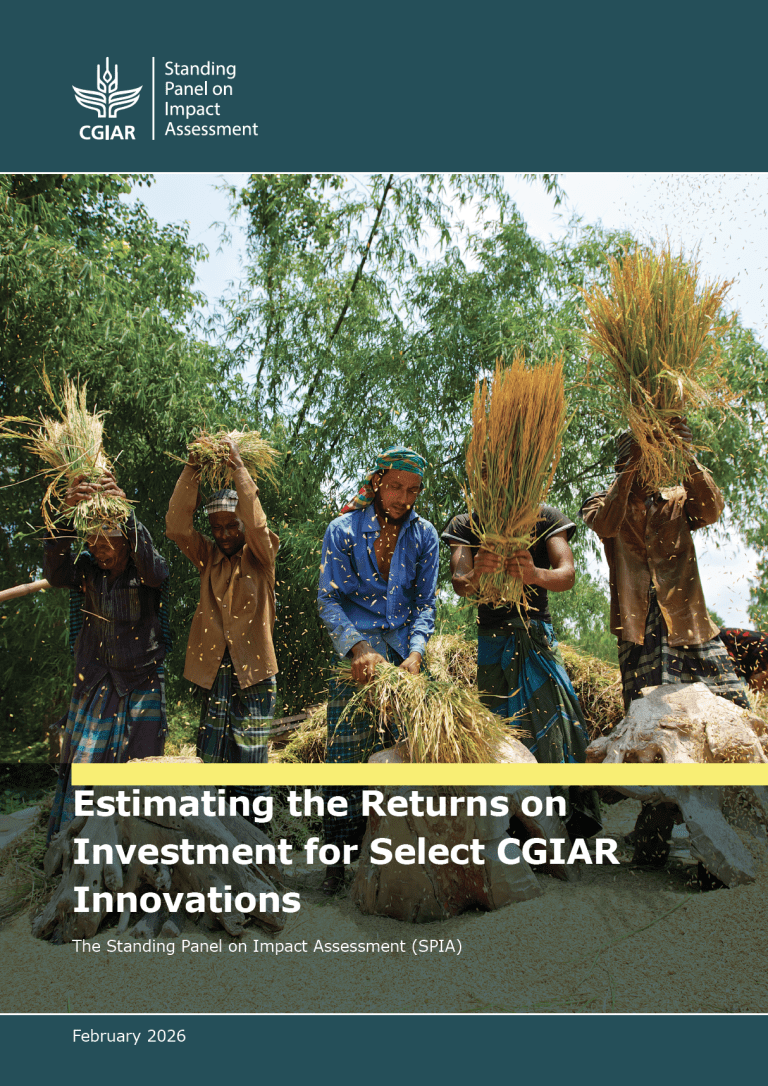In September 2025, the Standing Panel on Impact Assessment (SPIA) welcomed Shilpa Aggarwal as their ninth panel member. Shilpa, an Associate Professor of Economics and Public Policy at the Indian School of Business, has made significant contributions to the field of development economics.
Shilpa's academic journey began at the Shri Ram College of Commerce, University of Delhi, where she earned her BA in 2001. She then pursued her MA at the Delhi School of Economics, University of Delhi, completing it in 2003. Her academic pursuits culminated in a PhD from the University of California, Santa Cruz, in 2014.
 Her career at the Indian School of Business commenced in 2014 as an Assistant Professor. Over the next decade, Shilpa's dedication to teaching and research led to her promotion to Associate Professor in 2024. Her research primarily focuses on market linkages in developing countries, with her PhD dissertation examining the impact of roadbuilding in India on rural communities.
Her career at the Indian School of Business commenced in 2014 as an Assistant Professor. Over the next decade, Shilpa's dedication to teaching and research led to her promotion to Associate Professor in 2024. Her research primarily focuses on market linkages in developing countries, with her PhD dissertation examining the impact of roadbuilding in India on rural communities.
Shilpa's research extends beyond academic journals, with ongoing projects that span continents. Her work on agricultural supply chains in India and East Africa, as well as her studies on domestic trade, microfinance, and food policy, have garnered significant attention. Her research aims to explore the economic dynamics of these regions and provide insights into improving market access and efficiency.
Shilpa has published ten papers in prestigious journals such as the World Bank Economic Review, Journal of Development Economics, and The Review of Economics and Statistics. Additionally, she has contributed to four books, further establishing her as a remarkable leader in her field.
Her current projects are both ambitious and impactful. From experimenting with value chains in Rwanda to improving agricultural productivity through innovative TV programming, Shilpa's work continues to push boundaries. Her research on market access and inter-temporal arbitrage in rural India promises to provide new insights into the economic dynamics of the region. Furthermore, her exploration of domestic trade costs and port choice is set to redefine our understanding of trade logistics.
Shilpa's working papers are equally groundbreaking. She is exploring the dynamic effects of cash transfers for agricultural households while also investigating the design of incentives for managing diabetes through exercise, the impact of minimum support prices in Indian agriculture, and the role of farm subsidies in promoting agricultural input adoption.
Shilpa Aggarwal's journey is a demonstration to her relentless pursuit of knowledge and commitment to making a difference. Her work not only advances the field of development economics but also has a tangible impact on the communities she studies. As she continues her journey, we hope her contributions will undoubtedly leave a lasting legacy in SPIA and the rest.



